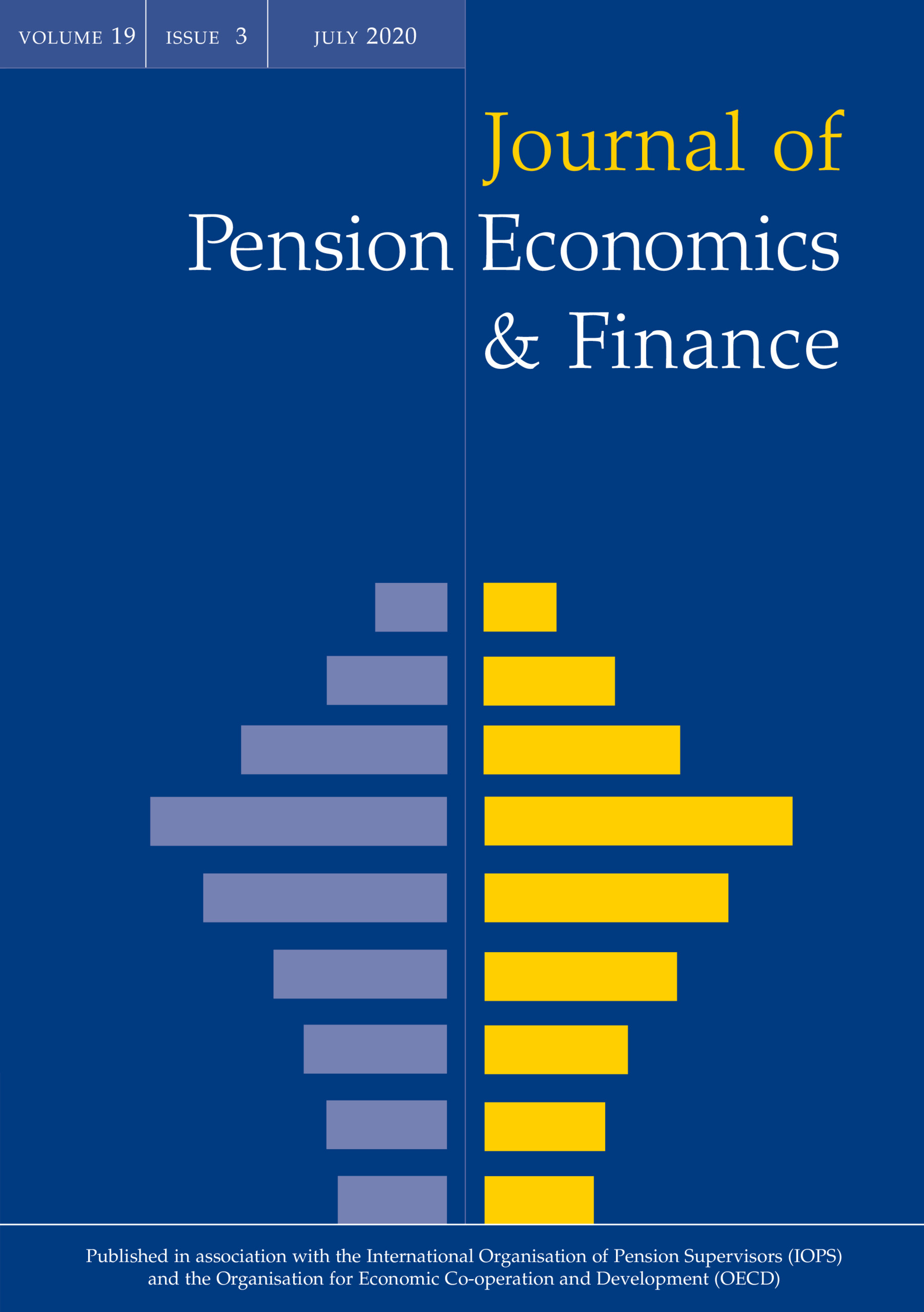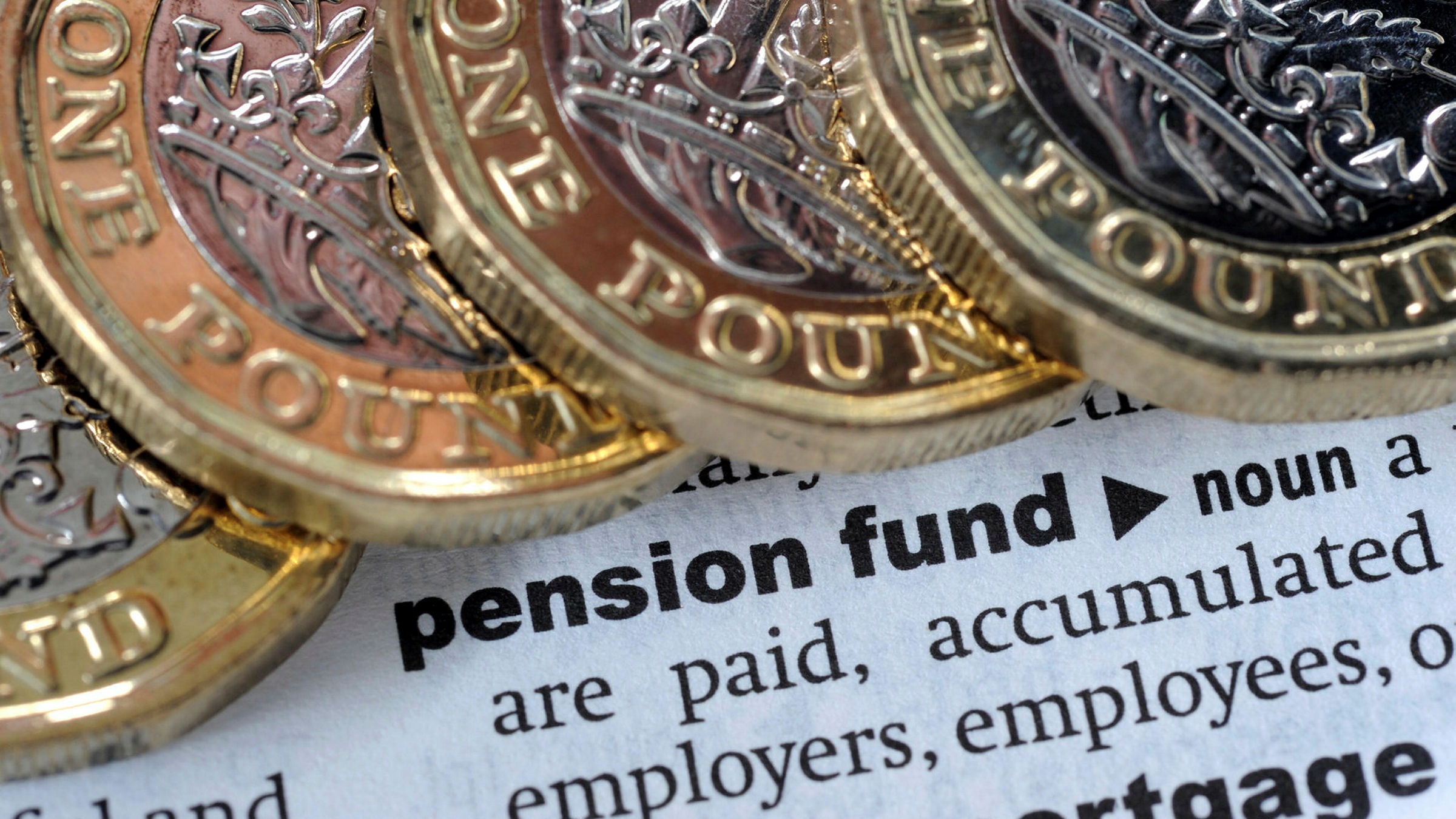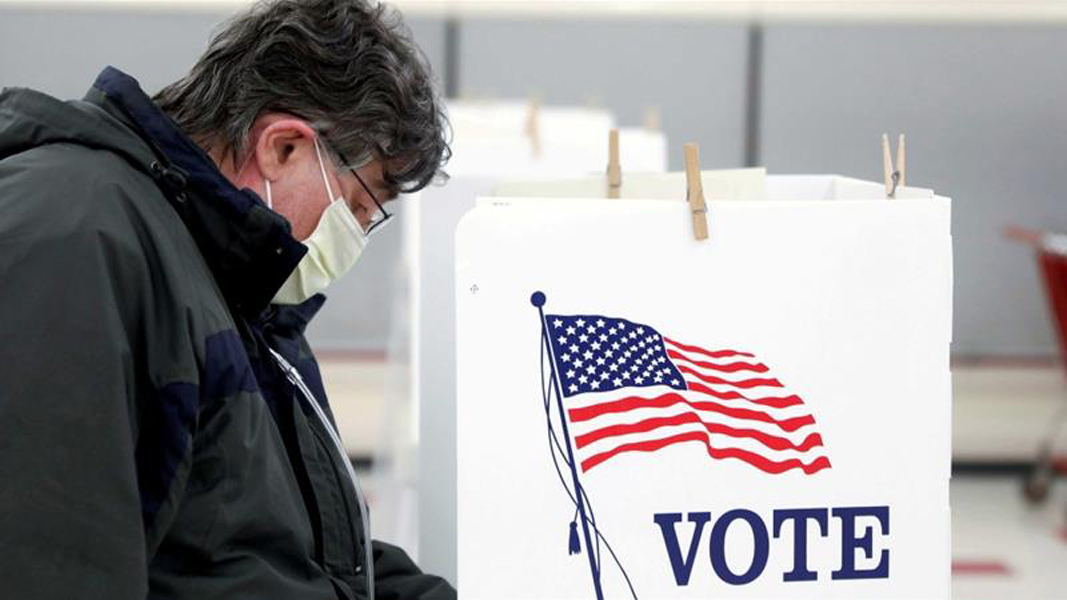India. Govt may restrict foreign investment in pension funds
Amid LAC tension, the Finance Ministry has proposed restrictions on pension fund investments from any bordering country. Foreign investment in pension funds regulated by the Pension Fund Regulatory and Development Authority is capped at 49 per cent under the automatic route. According to a draft notification circulated for comments on Friday, “A government approval would be required for the investing entity or individual from any of the bordering countries, including China.” The restriction will be applicable from the date...










